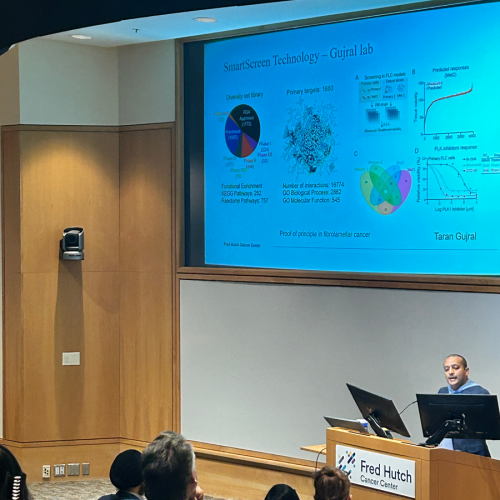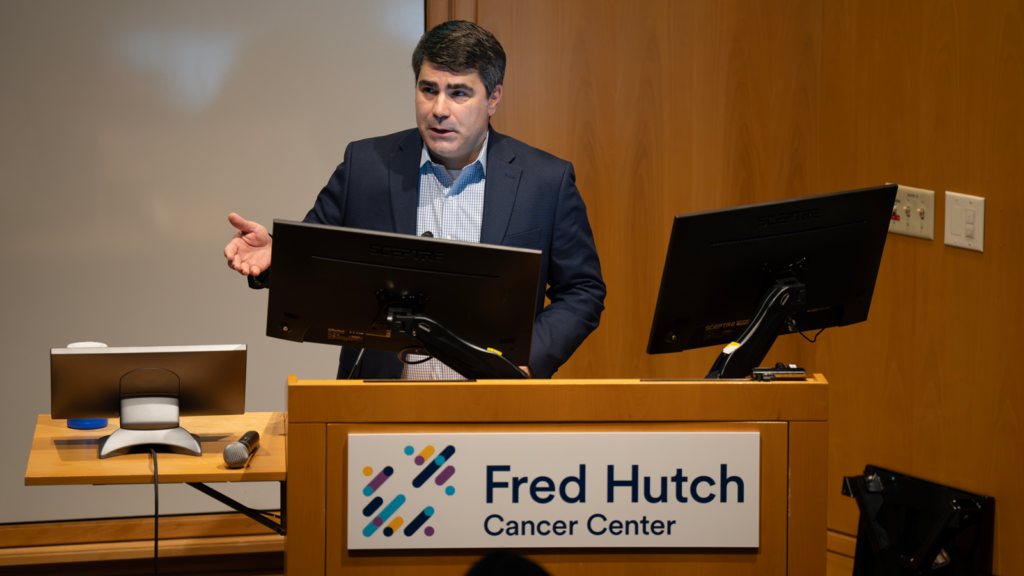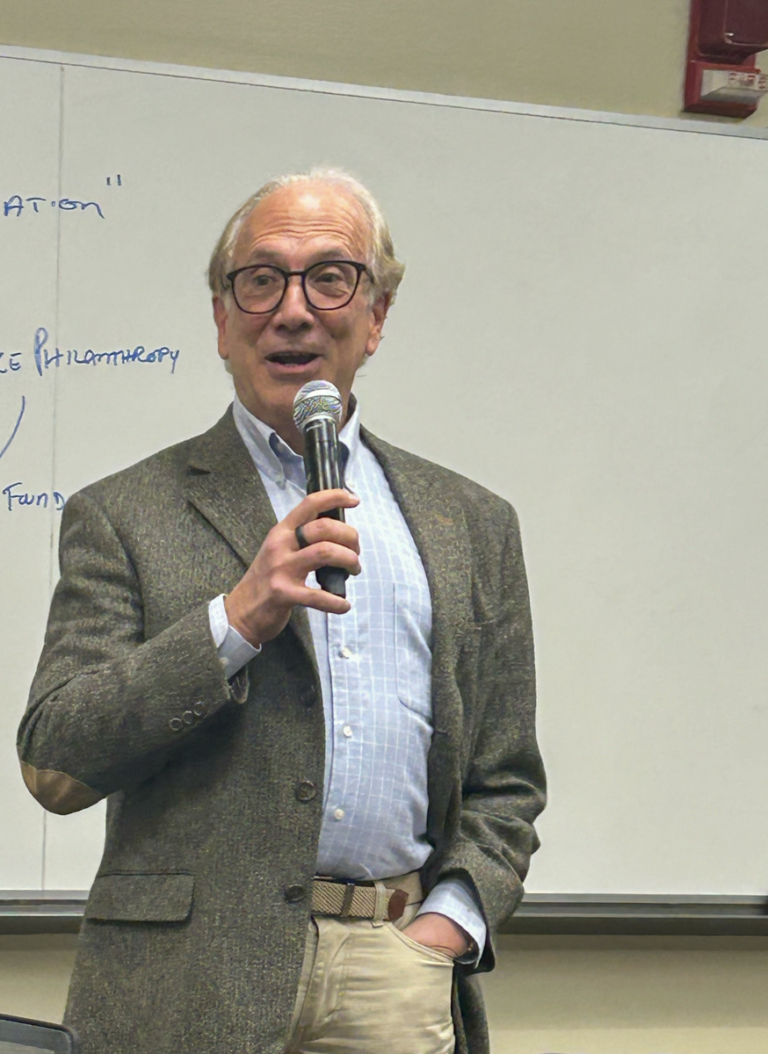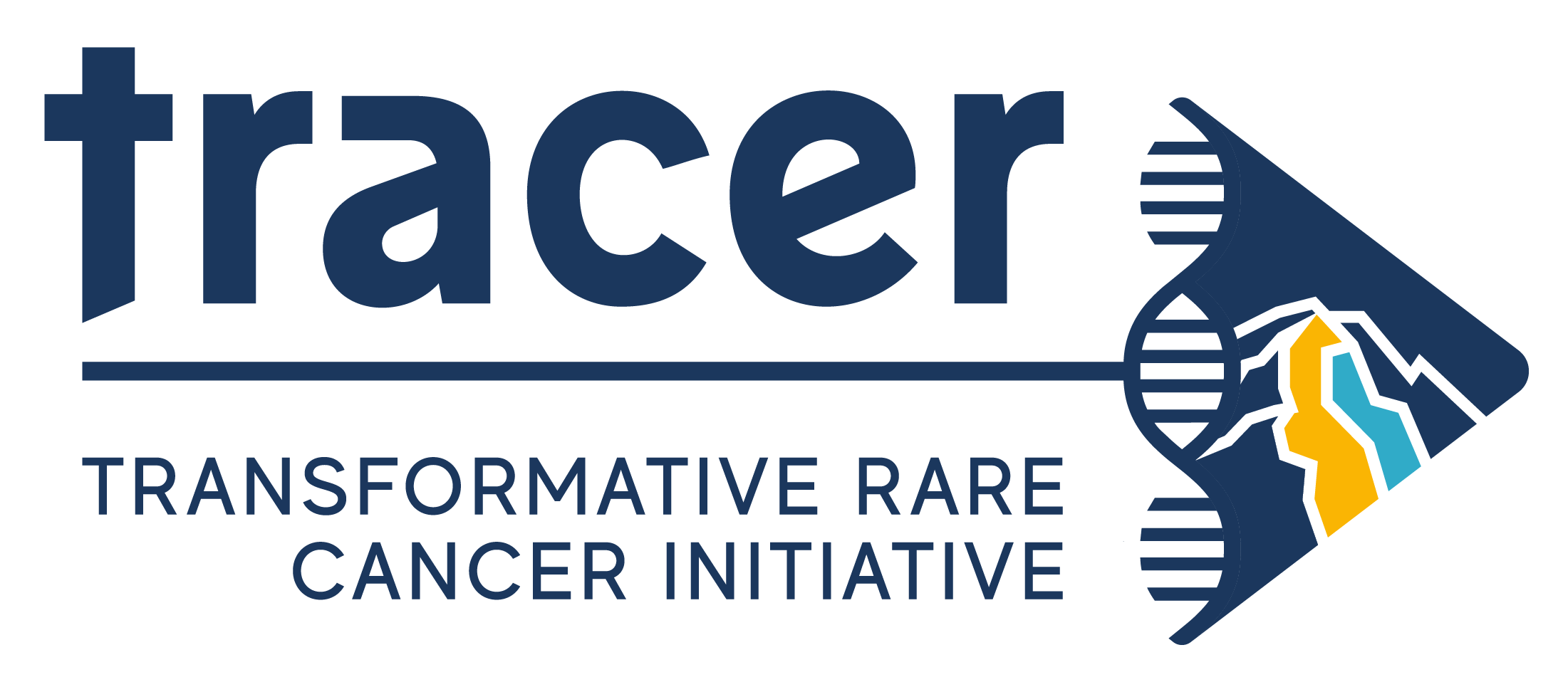Cures for rare cancers are hiding in plain sight — they just need help actually getting to the people who need them.
Existing medications that are already approved for more common cancers promise to treat or cure rare ones as well, if they could only get past barriers put up by government agencies and insurance companies. That was a key takeaway from the November 2024 symposium hosted by TRACER, the Transformative Rare Cancer Initiative at Fred Hutch Cancer Center in Seattle.
“All our scientific advances are pointless if we cannot get patients access to drugs,” Dr. Kalyan Banda, a medical oncologist and assistant professor at Fred Hutch, told the group of researchers, patient advocates, treating physicians and others. “We can get to the moon and find the drugs that work, but we can’t get them back home. And we have to solve that problem; otherwise it’s a waste of time.”
Presenters and participants alike shared their frustrations of doing the research to match patients with existing medications that show great potential for their cases, but being stuck in an endless loop of financial and regulatory hurdles and spending their days writing insurance appeals. Funding is scarce for research into treatments for small patient populations, governments are loathe to approve medications without data from research, and insurance companies consider drugs that aren’t approved for a specific disease as experimental and refuse to cover them. That leaves patients with rare diseases without access to options that exist.
But signs of progress were also presented at the symposium.

TargetCancer Foundation, for example, is breaking the clinical trial barrier with its novel TRACK study that has enrolled more than 200 people with more than 50 different types of rare cancers, providing genomic testing of tissue and blood samples to match each patient with a potential treatment. The foundation’s drug acquisition team helps secure the medications for participants. The trial is fully remote, with people from 42 U.S. states.
Now that the infrastructure has been built and the proof of concept is done, the foundation is considering a second iteration of the study and is open to ideas and opportunities for collaboration, said TargetCancer Foundation CEO Jim Palma. He helped start the organization, which was founded by his brother-in-law before his death in 2009 from a rare cancer that had very little research dedicated to it and no known treatments.
Participation from patients and their treating physicians is crucial, Palma told the group.

Patients aren’t just passive beneficiaries, he said, they’re “a very important part of the scientific community.” Patients can advocate for themselves, convince their doctors to work with precision medicine groups like Target Cancer Foundation and share their stories to get more public attention.
New strategies are needed beyond the “standard of care” treatments that are accepted by medical experts and used by health care professionals but may have only tenuous links to evidence or science, Banda said. In his clinical practice treating gynecological malignancies, Banda said he aims to “liberate” his patients from the standard of care — especially in rare cases where there’s limited historical data to guide those standards. “It’s not serving our patients,” he said.
Outcomes are improved through precision medicine, he said, when treatments are tailored to individual cases through molecular and genomic profiling or through functional drug profiling to see what mutations a cancer has and what drugs already exist that target those.

Data-driven precision medicine through sequencing is one feature Tempus AI offers to help guide physicians toward promising treatments. The Chicago-based firm has amassed a database of more than 250,000 records and 100,000 samples with DNA and RNA from rare cancers, according to a presentation to the group. The company recently started a rare cancer initiative and will provide the data to researchers as long as they have access to computational resources.
Functional precision medicine is the future, Banda says, “but it will require a revolution” that breaks down silos to coordinate efforts among institutions, cancer foundations, patients and advocates.
The important thing “is to take action,” said John Hopper, co-chair of the NORD Rare Cancer Coalition, founding co-chair of GI Cancers Alliance and a TRACER board member. Hopper led a brainstorming session to close the symposium during which participants pledged to continue collaborating and to set up meetings with key stakeholders in 2025. “There’s no reason this TRACER initiative can’t be the key catalyst.”
Topics at the November 2024 Rare Cancer Research Symposium included bladder, fibrolamellar, vulvar and gynecologic cancers as well as pediatric gliomas and B cell and pediatric lymphoma. There was also an overview of Fred Hutch’s Specimen Access & Data Network (SAN).
If you have an idea for a topic for the next symposium planned for spring 2025, or if you want to be added to TRACER’s mailing list, please reach out to TRACER Director Taran Gujral.
